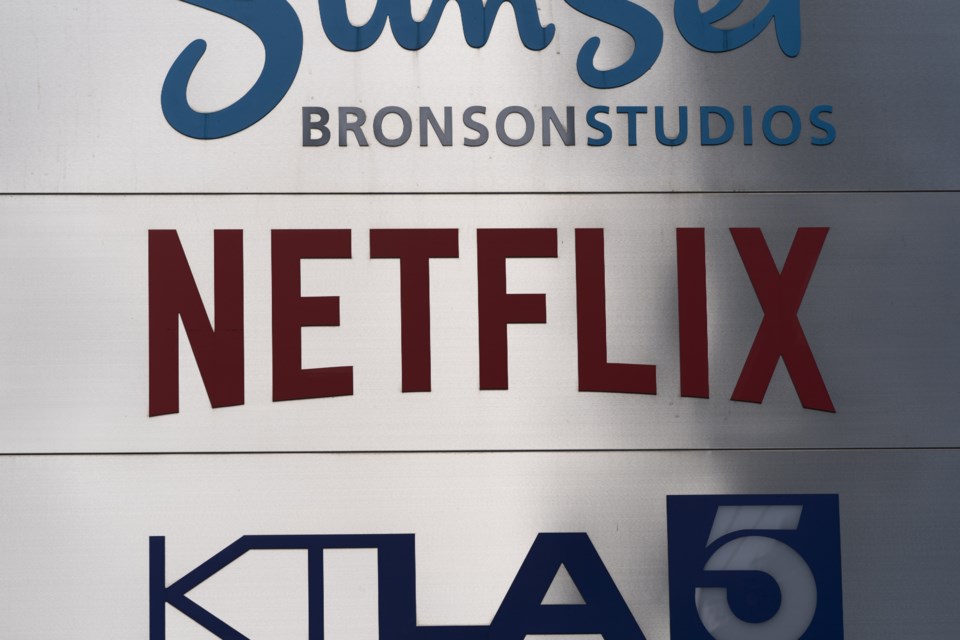Netflix is cutting its prices in several of its smaller markets in the latest twist on the video streaming service’s efforts to keep its recently revived subscriber growth rolling amid stiffer competition and inflation pressures that are pushing more households to curb their discretionary spending.
The lower prices that began to affect more than 30 of the roughly 190 countries where Netflix's steaming service is available — an expanse that has enabled the company to attract nearly 231 million subscribers. The areas getting lower prices include Middle East markets in Yemen, Jordan, Libya and Iran; European countries such as Croatia, Slovenia and Bulgaria, and sub-Saharan African markets.
Netflix isn't changing its prices in any of its largest markets, including the U.S., where it has been regularly increasing its rates during the past four years to help offset the cost of an programming lineup that includes popular series such as “The Crown" and “Stranger Things.”
Although Netflix has established itself as the largest video streaming service, it has been vying for viewers with other deep-pocketed rivals that include Apple, Amazon and Walt Disney Co. at the same time stubbornly high inflation is causing more people to tighten their budgets.
Those factors contributed to Netflix losing nearly 1.2 million subscribers during the first half of last year, prompting the company to introduce an ad-supported option of its service t — less than half the price of its most popular plan. That helped Netflix bounce back during the second half of last year when it added 10 million subscribers, a recovery that made its long-time CEO and co-founder Reed Hastings comfortable enough .
In another attempt to gain more subscribers, Netflix has started to crack down on rampant password sharing that has enabled an estimated 100 million people worldwide to free load on its service. Netflix has already clamped down on the practice in Latin America and several other countries, including . New rules governing the use of the same password in multiple households are expected to be imposed in the U.S. by the end of March.
Netflix's new co-CEO Greg Peters hinted last month during a quarterly conference call that the company was examining ways to attract more subscribers in its smaller markets, although he didn't say anything specifically about using lower prices as a lure. “There’s a bunch of people around the world in countries where we’re not deeply penetrated, and we have more opportunity to go attract them,” Peters said.
In that same call, Peters also indicated that Netflix sees little need to drop prices in markets, such as the U.S., where its service already proved its value to long-time subscribers. “We think of ourselves as a non-substitutable good," Peters said.
Even so, Netflix lost 920,000 customers in the U.S. and sa���ʴ�ý last year, leaving it with 74.3 million subscribers in that region at the end of December. Despite the subscriber erosion, Netflix's price increases in the U.S and sa���ʴ�ý helped boost its revenue in the region by 9% last year to nearly $14.1 billion. The financial gains are becoming more important to Netflix because it is now placing more emphasis on profit growth now that it has become tougher to attract more subscribers.
Michael Liedtke, The Associated Press



